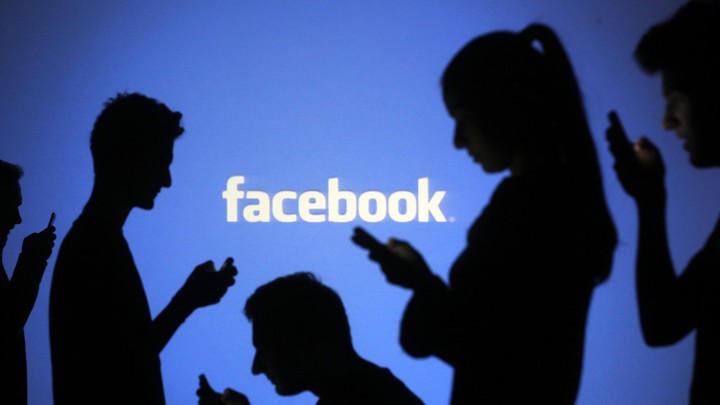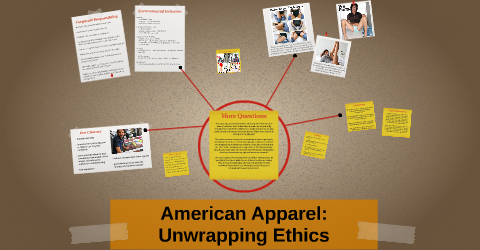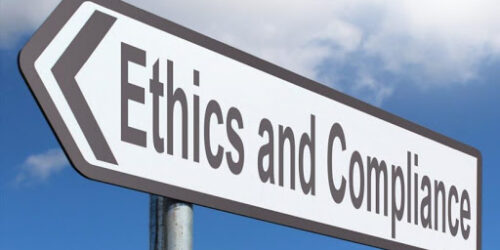Facebook Stakeholder Analysis

Facebook Stakeholder Analysis
Choose a company to answer the below questions.
Facebook.
Explain the concept of stake and stakeholder from your perspective as an individual.
A stake is an interest or a share, it may give a right and/or ownership to its holder. In an organisational setting, a stakeholder is an individual or group who has a vested interest in the organization who may affect or be affected by such organisation’s actions, decisions, and practices (Carroll & Brown & Buchholtz, 2018).
What kind of stakes and stakeholders does your company have?
Given the large global operations of Facebook, it has various stakeholders. The most obvious ones are the company’s shareholders, employees, and customers. These groups are among the primary social stakeholders of the company. They have a direct, legitimate interest or claim in Facebook’s decisions.
The community, competitors, media, and public are also identified as stakeholders of Facebook. Competitors affect or are affected by Facebook as they feel the need or urge to act in a particular way or take a similar action according to Facebook’s recent developments.
Facebook is closely monitored by the media, and constantly makes the news, so the media is a stakeholder of the company too. The community, public, society is also affected by Facebook’s practices given the fact that Facebook is the most-used social media network in the world, and what they do can vary from impacting the election results (see US 2016 elections) to selling private, personal data of users to big companies (see Facebook’s data deals with device manufacturers in 2018) (Lapowsky, 2018).
The government (including federal, state, and local government subgroups) and regulators are other stakeholders of the company. Government collects taxes from Facebook, and Facebook is bound to comply with the laws and regulations imposed by the regulators.
Social pressure groups, and activists are also stakeholders as they have a power to create pressure on the company and force it to make some decisions, or act in a certain way.
What kind of Legitimacy, Power and Urgency does your company’s stakeholders have?
Every stakeholder carries legitimacy, power and/or urgency attributes. Legitimacy refers to the validity or appropriateness of a stakeholder’s claim, whereas power refers to the ability or capacity of a stakeholder to affect the company, and urgency occurs if a stakeholder’s claim requires immediate attention (Carroll & Brown & Buchholtz, 2018).
In my opinion, shareholders, employees, and users of Facebook represent legitimacy based on their direct, formal relationships with the company. The government may have an urgency impact on Facebook because sometimes an order or directive from it may be critical and require immediate care of the company, or the company may feel the need of taking immediate action. Media has power on Facebook because they can create pressure and force the company to implement particular practices that otherwise may not be implemented.
Which Stakeholder Approach: Strategic, Multifiduciary or Synthesis approach do you believe that your company is using?
In my opinion, Facebook has a mix of different approaches. The management has a legal (fiduciary) responsibility to the employees, government and regulators as it is bound to the laws and regulations, so the company uses multifiduciary approach against those stakeholders.
To the other stakeholders, it doesn’t have a legal obligation, so in my view, the company uses synthesis and strategic approaches depending on the circumstances and nature of the relationship with stakeholders.
In some cases, the management may think they owe an ethical obligation to certain stakeholders such as to users, or society. However, in other cases, the company uses a strategic approach where it puts the sake of shareholders, and aim of making a profit beyond the other stakeholder interests (see Facebook’s data deals with device manufacturers in 2018) (Lapowsky, 2018).
References
Carroll, A. B., Brown, J. A., Buchholtz, A. K. (2018). Business & Society: Ethics, Sustainability & Stakeholder Management. Boston, US: Cengage Learning.
Lapowsky, I. (2018). The 21 (and Counting) Biggest Facebook Scandals of 2018. Retrieved June 28, 2020, from https://www.wired.com/story/facebook-scandals-2018/





